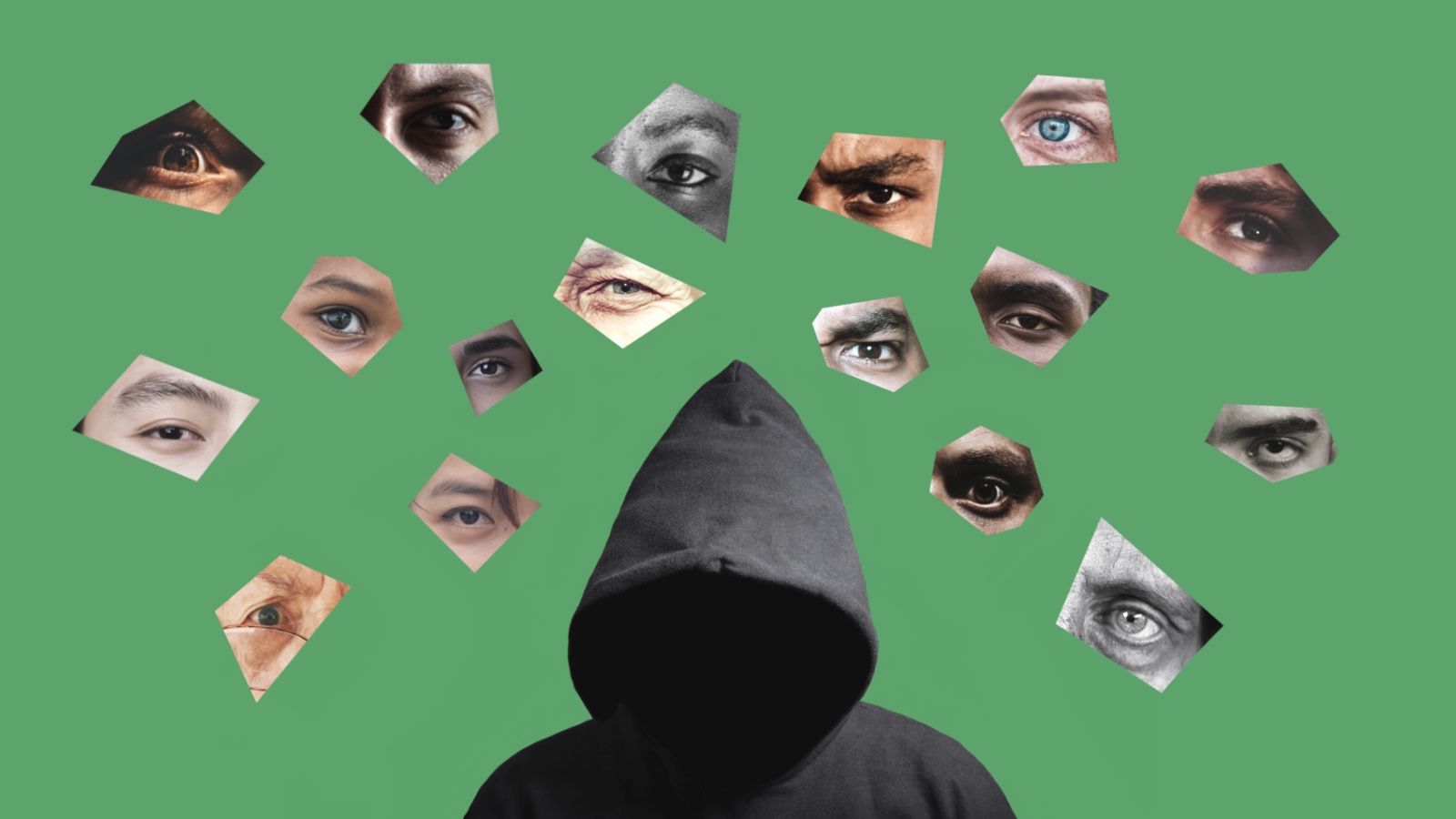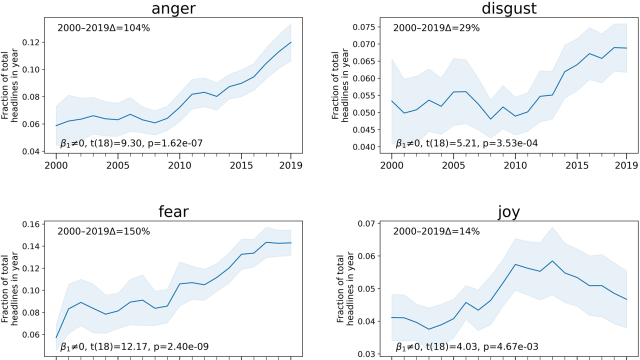Narcissists and psychopaths have more sexual partners — leading to 2 paradoxes

- Narcissists and psychopaths make for undesirable long-term partners, yet they have more short-term sexual encounters. This leads to two paradoxes.
- First, clinical narcissists and psychopaths are often jerks, so how are they able to attract more sexual mates?
- Second, if they have more sexual partners — and hence, more opportunities to pass on their genes — then why aren’t there more narcissists and psychopaths in our society?
People high in narcissistic and psychopathic personality traits are, almost by definition, jerks. Their anti-social behaviors — from egocentrism to a lack of empathy — make them difficult colleagues, friends, and long-term partners. Yet, they have more sexual partners than the rest of us.
What’s the deal? Paradoxically, the same traits that make a person a bad long-term mate can make someone effective at obtaining short-term sexual flings.
Narcissists and psychopaths
Narcissists crave attention and power. They are often extroverted and charming at first impression, but over time, their sense of entitlement, willingness to manipulate others, and empathy deficit become clear. A clinical diagnosis of Narcissistic Personality Disorder (NPD) occurs when someone has several narcissistic traits that appear across situations and negatively affect relationships and daily life. Between 1% to 5% of people have NPD.
Psychopaths are impulsive and callous. Psychopathy is not officially recognized by the American Psychological Association as a clinical disorder, though its traits — like lack of empathy, superficial charm, and a penchant for violence — are related to diagnoses like Antisocial Personality Disorder. Psychopathy is usually assessed with interviews, questionnaires, and a review of past criminality. Like NPD, around 1% to 5% of people are estimated to have psychopathy.
Combined with Machiavellianism — a personality trait characterized by cynicism and pragmatic willingness to manipulate others — psychopathy and narcissism make up what psychologists call the Dark Triad.
Dark Triad and sexual partners
Though high levels of Dark Triad traits are considered undesirable and linked with negative life outcomes like moral failures and decreased workplace productivity, they are positively associated with higher numbers of sexual partners. People with narcissism and psychopathy may be particularly likely to have more partners than the rest of us. The differences are small but reliable, and they are observed among men, women, and various age groups. For example, recent work by Borraz-Leon and Rantala surveying university students found that narcissism accounted for about 5% of variance in number of partners, whereas psychopathy accounted for about 12%.
This likely occurs for several reasons — some are nice enough, but others are downright exploitive.
The nice reasons
Narcissists, psychopaths, and Machiavellians don’t always rely on nefarious means of obtaining sexual partners.
First, people high in the Dark Triad traits may simply be less choosey, more impulsive, and more motivated to find mates. All three traits are positively associated with the tendency to think about sex more often and more obsessively. Additionally, narcissists are less picky about their partners, and psychopaths have limited sexual disgust. This may occur because they are less interested in meaningful long-term relationships or simply more comfortable enjoying casual sex.
Second, narcissists in particular may be more attractive to mates. Their charming facial expressions, self-assuredness, and dressing style often make good first impressions. They also spend more time and resources improving their appearance to boost their grandiose sense of self. And they may be slightly more attractive to begin with: one study found that for both men and women, narcissism predicted higher facial symmetry.
Finally, especially in men, Dark Triad traits are linked with reduced anxiety, lowered body shame, and disinhibition. This likely makes them more likely to pursue sexual flings in the first place while also signaling confidence and attractiveness to potential partners.
The exploitive reasons
On the more nefarious side, the Dark Triad traits enable exploitive mating strategies. Perhaps this is not surprising given that they are characterized by a willingness to deceive and manipulate others, lack of empathy or remorse, impulsivity, and egocentrism.
Psychopathy and narcissism in particular are associated with higher rates of myriad negative sexual behaviors, including a proclivity toward sexual harassment, rape-enabling attitudes, and sexual coaxing. For example, one early study found that people high in narcissism were more likely to become physically aggressive when denied a sexual encounter. Simply put, people with Dark Triad traits appear more willing to use coercion to obtain sex.
Growing evidence also suggests that people high in Dark Triad traits prefer short-term mates. For example, they are more likely to target volatile partners and to engage in mate poaching and infidelity. Such encounters tend to remain superficial and are unlikely to blossom into long-term committed relationships — leaving narcissists, psychopaths, and Machiavellians available for new sexual partners.
From an evolutionary perspective, this makes some sense for men: Sex is a quick, easy way to create progeny, and the more women a man impregnates, the more likely he is to pass on his genes. Interestingly, though, even women high in Dark Triad traits appear more interested in short-term relationships. This is despite evolutionary hypotheses generally assuming that women are disinterested in casual sex due to the high potential cost of pregnancy and child-rearing.
Why aren’t we all narcissists and psychopaths?
Though not at pathological levels, most of us have some narcissistic traits some of the time. It’s sometimes even helpful to be a bit self-centered and to believe you are above average, and subclinical narcissism has been linked with increased well-being. Nearly everyone enjoys praise.
But if high levels of Dark Triad traits increase one’s number of sexual partners, and in turn one’s chance that Dark Triad traits are passed along to offspring (at least for men), then why aren’t we all full-blown narcissists or psychopaths? Indeed, nascent research suggests that, among men, narcissism positively predicts number of offspring.
One possibility is that cultural groups are more likely to succeed when most people cooperate and are trustworthy. And such groups benefit from exposing and punishing people (like narcissists or psychopaths) who don’t follow group norms. A related hypothesis is that if narcissists and psychopaths were common, then others would be more vigilant and eventually would learn to identify and avoid them.





